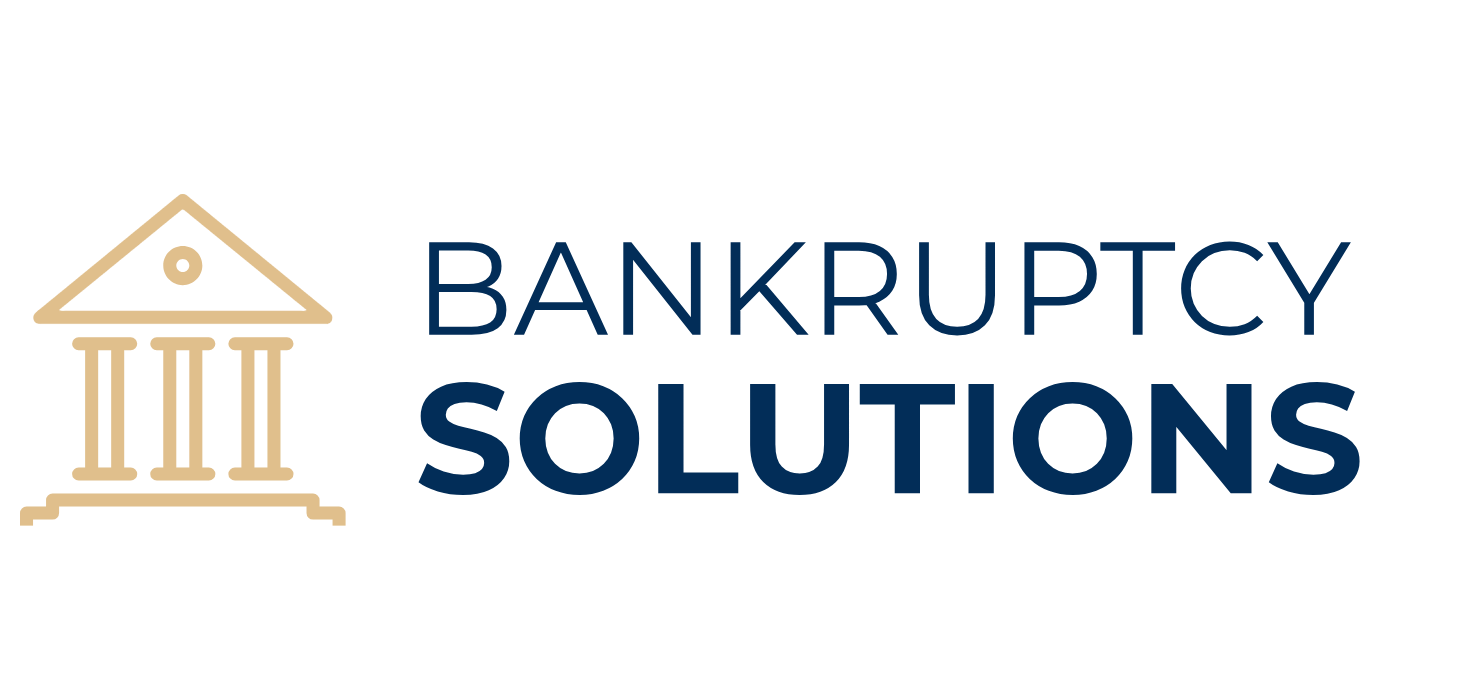In the complex realm of personal finance, managing multiple debts can feel like navigating a labyrinth without a map. However, there’s a beacon of hope that often shines brightest in times of fiscal uncertainty: debt consolidation loans.
This comprehensive article aims to demystify the intricate world of debt consolidation, illuminating its mechanisms, benefits, and potential pitfalls.
What Is a Debt Consolidation Loan?
At its core, a debt consolidation loan is a financial tool designed to streamline the often overwhelming burden of multiple debts. It involves taking out a new loan to pay off existing debts and bundling them into a single, manageable monthly payment.
By consolidating your debts, you’re essentially merging various financial obligations into one, providing both financial relief and a clearer, more straightforward path to becoming debt-free.
How Does Debt Consolidation Work?
Debt consolidation operates on a simple principle: merging all your debts into a singular obligation. This new loan pays off your existing debts, leaving you with one loan and one monthly payment. The key advantage often lies in securing a lower interest rate, which reduces the overall cost of your debt. Additionally, debt consolidation frequently offers a fixed repayment plan, ensuring a structured approach to clearing your financial obligations.
Are Debt Consolidation Loans a Good Idea?
In the realm of personal finance, the effectiveness of debt consolidation largely depends on your circumstances. For those juggling multiple high-interest debts, a debt consolidation loan can be a game-changer. It not only simplifies your financial obligations but can also significantly reduce the overall interest paid, making it an attractive option. However, it’s vital to approach this solution with caution and ensure that the new loan terms align with your financial goals.
Pros of a Debt Consolidation Loan
Financial Simplification
Managing a single payment is far less stressful than juggling multiple due dates and varying amounts, providing a sense of control over your financial life.
Interest Rate Reduction
Debt consolidation loans often come with lower interest rates than credit cards or other high-interest debts, leading to substantial savings over time.
Structured Repayment
Unlike credit card debts that can stretch for years, debt consolidation loans offer a defined repayment period, providing clarity on when you’ll achieve debt-free status.
Potential Credit Improvement
Responsible repayment of a consolidation loan can positively impact your credit score, opening doors to better financial opportunities in the future.
Cons of a Debt Consolidation Loan
Possible Fees
Some debt consolidation loans come with fees, such as origination fees, which need to be factored into your decision-making process.
Temptation of New Debt
Clearing existing debts might create a false sense of financial freedom, tempting individuals to accumulate new debts if spending habits aren’t addressed.
Initial Impact on Credit Score
While a debt consolidation loan can improve your credit score over time, the initial application might cause a temporary dip due to the hard inquiry on your credit report.
When Should I Consolidate My Debt?
Debt consolidation proves most beneficial under specific circumstances. If you find yourself burdened with high-interest debts, struggling to meet monthly payments, and seeking a clearer financial trajectory, consolidating your debts could be the right move. However, it’s crucial to consolidate when you have a well-thought-out plan to avoid accumulating new debts after the consolidation process.
How To Get a Debt Consolidation Loan?
Securing a debt consolidation loan involves several strategic steps:
- Check Your Credit: Begin by assessing your credit score, understanding your financial standing, and identifying potential areas for improvement.
- Evaluate Your Debts: Determine the total amount of debts you want to consolidate, including their interest rates and repayment terms.
- Research Lenders: Explore various lenders, comparing interest rates, fees, and customer reviews to find a reputable institution that aligns with your financial goals.
- Gather Documentation: Prepare necessary documents, such as proof of income, details of existing debts, and personal identification, to facilitate a smooth application process.
- Apply for the Loan: Submit your loan application to the chosen lender, ensuring accuracy and completeness to increase your chances of approval.
- Review Loan Terms: Thoroughly examine the terms of the loan, including interest rates, repayment schedule, and any associated fees, to make an informed decision.
Is It Hard to Get a Debt Consolidation Loan?
While eligibility requirements vary among lenders, having a stable income, a good credit score, and a manageable debt-to-income ratio can significantly enhance your chances of approval. Lenders assess your ability to repay the loan, making financial stability and responsible financial habits pivotal.
How Much Debt Consolidation Loan Can I Get?
The amount you can secure through a debt consolidation loan hinges on various factors, including your creditworthiness, income, and existing debts. Lenders typically evaluate your debt-to-income ratio, ensuring you can comfortably manage the new loan alongside your current financial obligations. Demonstrating financial responsibility and a stable income increases your likelihood of securing a substantial consolidation loan.
In the intricate tapestry of personal finance, a debt consolidation loan stands as a beacon of hope, offering a structured path toward financial liberation. When embraced wisely, it not only simplifies your financial life but also lays the groundwork for a debt-free future. The key lies not just in securing the loan but also in fostering responsible financial habits, ensuring that the journey toward financial freedom is not just a temporary escape but a lasting transformation. By making informed decisions and cultivating fiscal discipline, you can harness the power of debt consolidation, unlocking the door to a brighter, debt-free tomorrow.

